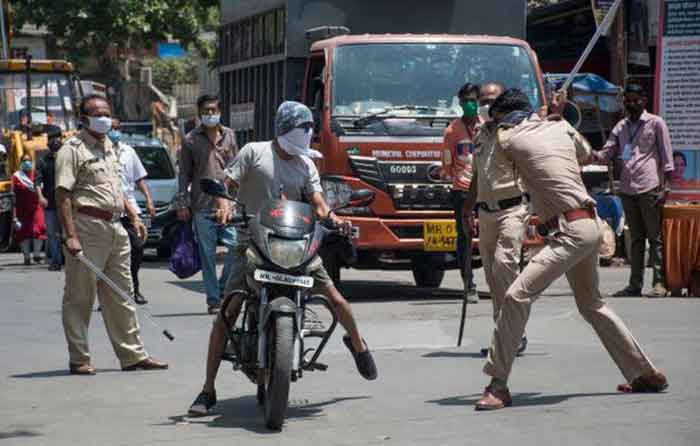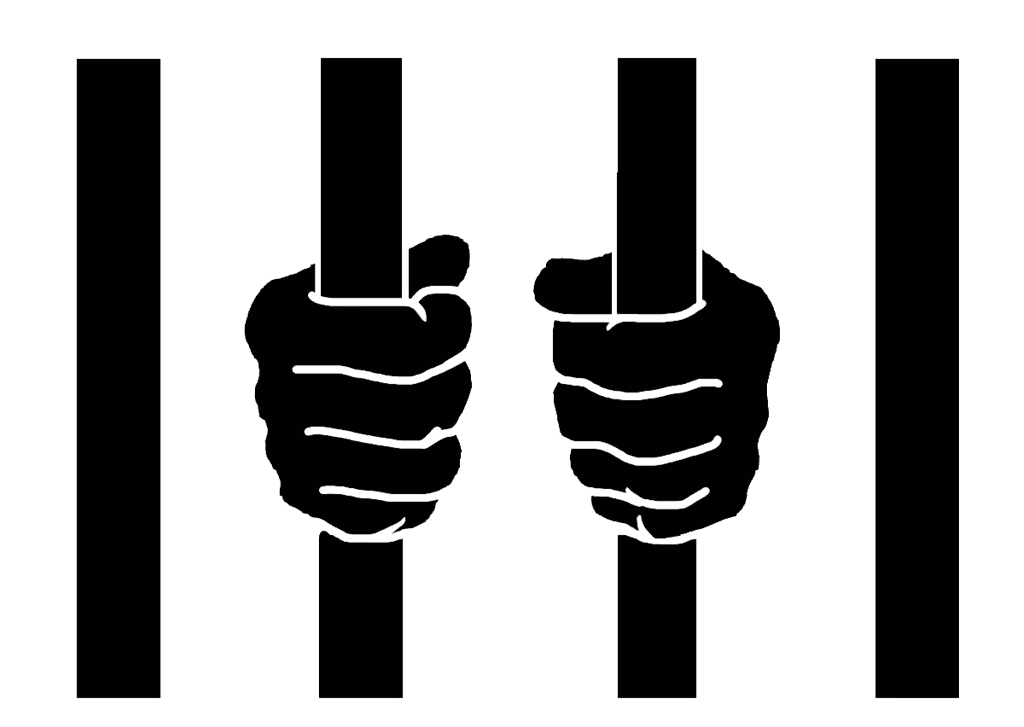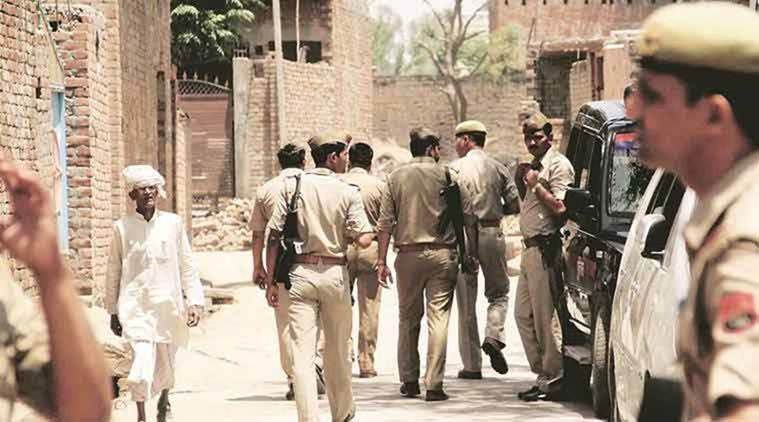
In America, there were huge protests over the murder of black man, George Floyd, by a white police personnel of Minneapolis Police Department which made a discomfiting observation because its root cause lies in two nefarious practices: racism and police brutality. The combination which killed George Floyd. Racism refers to superiority of one race over another while police brutality is civil rights violation where officers exercise excessive force against a subject. Racism is common in America even today, country hasn’t made enough progress toward racial equality. Even across the globe, same type of unethical conduct is faced by the people in the name of gender, class/caste, religious discrimination.
In India this discrimination lies in casteism but after 2014 this took a turn toward religious discrimination (communalism) in a very open atmosphere. This discernment becomes more problematic when it is exercised by state apparatus.
In India, we all know about the police beatings and custodial deaths. In last few years, India has witnessed widespread police brutality as inflicted on students, protesters, the minority community (muslims), migrant workers, as well as anyone holding anti-Establishment views. Many incidences of police brutality against citizens have been recorded and circulated in social media. Instances similar to the manner in which George Floyd was treated is seen by Jodhpur policeman on 5th June.
There have been several reports of police highhandedness, beating with lathis and humiliating the citizens associated with minority community and lower caste. It is perhaps then not a surprise that studies have shown Indian police personnel to be ridden by anti Muslim bases as well as there casteist attitudes. For instance, in 2018 research institute Centre of Study of Developing Societies (CSDS) found that around 50% of all Indian police personnel think Muslims are more likely to commit crimes. Schedule castes (SCs), and Schedule Tribes (STs), are also the one which the police found to be more “naturally prone” to committing crimes. Fact-finding teams from Karwan-e-Mohabbat, an NGO headed by Harsh Mander, collected the data about police brutality while large-scale protests against the CAA in UP. The teams presented their findings before a people’s tribunal comprising Justice A.P. Shah, Justice Sudarshan Reddy, Justice V. Gopala Gowda, Shanta Sinha, Irfan Habib, Deb Mukherji, Chaman Lal, N.C. Saxena and Anirudh Kala at the Indian Society of International Law on 16 Jan, that in western UP, 16 people have been killed by the police with bullets, belonging to Muslim working-class families. Recently on March 23, lawyer Deepak Bundele was beaten up brutally by MP police while he was on his way to hospital. Police officials told, Bundele that he was beaten up because they had wrongly identified him as a Muslim man.
Apart from this, police atrocity shake up common people also, while enforcing lockdown several videos have surfaced in which police were forcing people to do squats, scramble on their hands and knees. In one of them, a cop is seen throwing away the holy water of a senior citizen and made him do frog march. On March 26, Sonu Shah, a pickup-truck driver ferrying potatoes in Patna, Bihar was shot by the police after he reportedly refused them a bribe. Incidents of such misbehaviour have been reported from across the country, numerous reports of policeman mercilessly beating the poor, often starving migrants making arduous treks on foot to their villages.
Under Section 129 of the CrPc, the police and armed forces can use force to disperse only a crowd of five or more people, which has been legally designated as an ‘unlawful assembly’. In Anita Thakur and Ors. vs. Govt. of J&K & Ors. Supreme Court had remarked that the use of excessive force by police results in violation of human rights and dignity. Even The UN Basic Principles on the Use of Force and Firearms by Law Enforcement Officials emphasize that the use of force should be commensurate with due respect for human rights, and need to be implemented with the utmost discretion only in unavoidable circumstances.
Reasons behind Police Misconduct:
India’s policing system is governed by Colonial-era Police Act (1861) that came into effect 4 years after India’s 1857 uprising against the British. Therefore, the nature of police culture is rooted in systematic oppression. Although abusive behaviour of police is only a provocative form of their routine behaviour in normal times. It is because: the supervisory system is handling huge amount of issues and have a soft corner and little time to spare for such complaints. Secondly, the personnel know that people of India have a long history of insubordination and have a submissive personalities, so overbearing behaviour is a sign of strict administration. Third, historically, in India, the state existed for the ruler, not for the ruled. All the agencies of the state particularly army and the police, existed essentially to repress their own people than to protect them from external threats or depredations of criminals. Fourth, there are psychological reasons also for the highhanded behaviour of cops, especially the lower-level relates to the lack of social prestige associated with the job. Fifth, most of the police personnels are poorly trained morally and have lack of patience to deal with the public, particularly at the junior level, appears to have in–built bias against the muslims and lower caste that is related to their mindset and sometimes for immediate benefits.
Police misbehaviour makes people lose any modicum of respect for this important arm of the state and the endangered potential lawlessness in their minds. All this mess needs a proper reform as there has been almost 30 years of debate on policing and it’s reforms, with several government-appointed commissions, submitting reports and recommendations to the government. The most comprehensive recommendations came from the National Police Commission (1979-81), with eight reports and drafted a Model Police Bill, but this was not moved forward. Despite of all these controversies, there is hope when citizens storm the streets and police the police.
Yasir Mumtaz Ansari from Bihar, a final year student, persuing Masters in Public Administration from Aligarh Muslim University. Email: [email protected]
SIGN UP FOR COUNTERCURRENTS DAILY NEWSLETTER














































